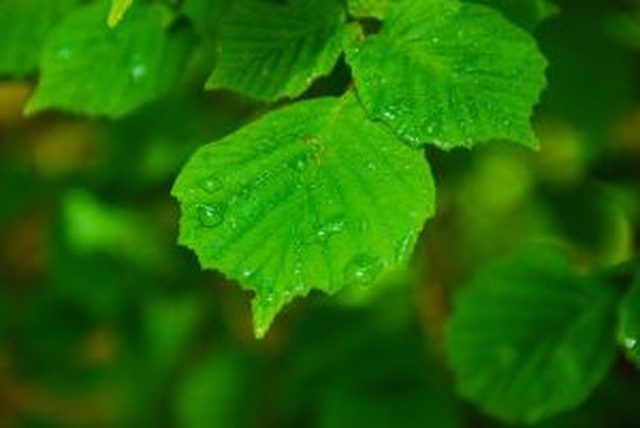Bulbs
Flower Basics
Flower Beds & Specialty Gardens
Flower Garden
Garden Furniture
Garden Gnomes
Garden Seeds
Garden Sheds
Garden Statues
Garden Tools & Supplies
Gardening Basics
Green & Organic
Groundcovers & Vines
Growing Annuals
Growing Basil
Growing Beans
Growing Berries
Growing Blueberries
Growing Cactus
Growing Corn
Growing Cotton
Growing Edibles
Growing Flowers
Growing Garlic
Growing Grapes
Growing Grass
Growing Herbs
Growing Jasmine
Growing Mint
Growing Mushrooms
Orchids
Growing Peanuts
Growing Perennials
Growing Plants
Growing Rosemary
Growing Roses
Growing Strawberries
Growing Sunflowers
Growing Thyme
Growing Tomatoes
Growing Tulips
Growing Vegetables
Herb Basics
Herb Garden
Indoor Growing
Landscaping Basics
Landscaping Patios
Landscaping Plants
Landscaping Shrubs
Landscaping Trees
Landscaping Walks & Pathways
Lawn Basics
Lawn Maintenance
Lawn Mowers
Lawn Ornaments
Lawn Planting
Lawn Tools
Outdoor Growing
Overall Landscape Planning
Pests, Weeds & Problems
Plant Basics
Rock Garden
Rose Garden
Shrubs
Soil
Specialty Gardens
Trees
Vegetable Garden
Yard Maintenance
Which Types of Water Are the Best for Plant Growth?
Which Types of Water Are the Best for Plant Growth?. There is a lot of information on how to best care for plants. One of the last things you may think of is the type of water you are feeding your plants. It is important, however to consider which type of water you are using since some are better than others, and some can actually be harmful to...

There is a lot of information on how to best care for plants. One of the last things you may think of is the type of water you are feeding your plants. It is important, however to consider which type of water you are using since some are better than others, and some can actually be harmful to your plants.
Tap Water
Tap--or city--water is designed for people. Chemical and mineral additives like fluoride, salts and chlorine are beneficial for humans, but not necessarily plants. While many plants can thrive on just plain tap water, it is not the best choice for optimum plant growth, especially if you have hard water. To make tap water better for your plants, leave the water out for 24 hours prior to using, which will kill off some of the harmful chemicals.
Rain Water
Rain water is an excellent choice for watering plants. You can collect rain water in buckets and use that water to water your indoor plants, as well as individual garden and potted plants. If, however, you have a lot of plants to water, purchase a rain collection barrel, which can come with a hose attachment so you can water large amounts of an area with ease.
Distilled Water
Along with rain water, the Water Quality Association states that distilled waters are best for plants since they do not contain harmful minerals or chemicals. Deionized or reverse osmosis waters also do not contain harmful minerals or chemicals and are therefore also some of the most beneficial types of water for your plants.
Softened Water
Hardened waters--or waters high in minerals--are often softened with sodium carbonate. The excess sodium concentration in soft water is not good for your plants. In fact, the water may retard your plant's growth, and if you are watering your plants outside, the softened water might kill the nearby grass over time.
Watering
In general, while you may be concerned about what type of water you are using on your plants, you should be equally concerned about how you are watering your plants. You should never overwater your plants. Your plants should be in well-draining soil so that the roots do not rot out. In addition, in general, you should not let your plants dry completely out between waterings. Each plant however, is different, so be informed about your specific plant's watering, fertilizing and light needs.